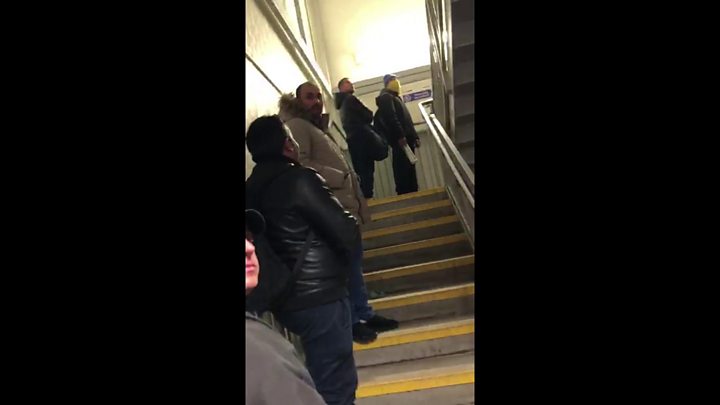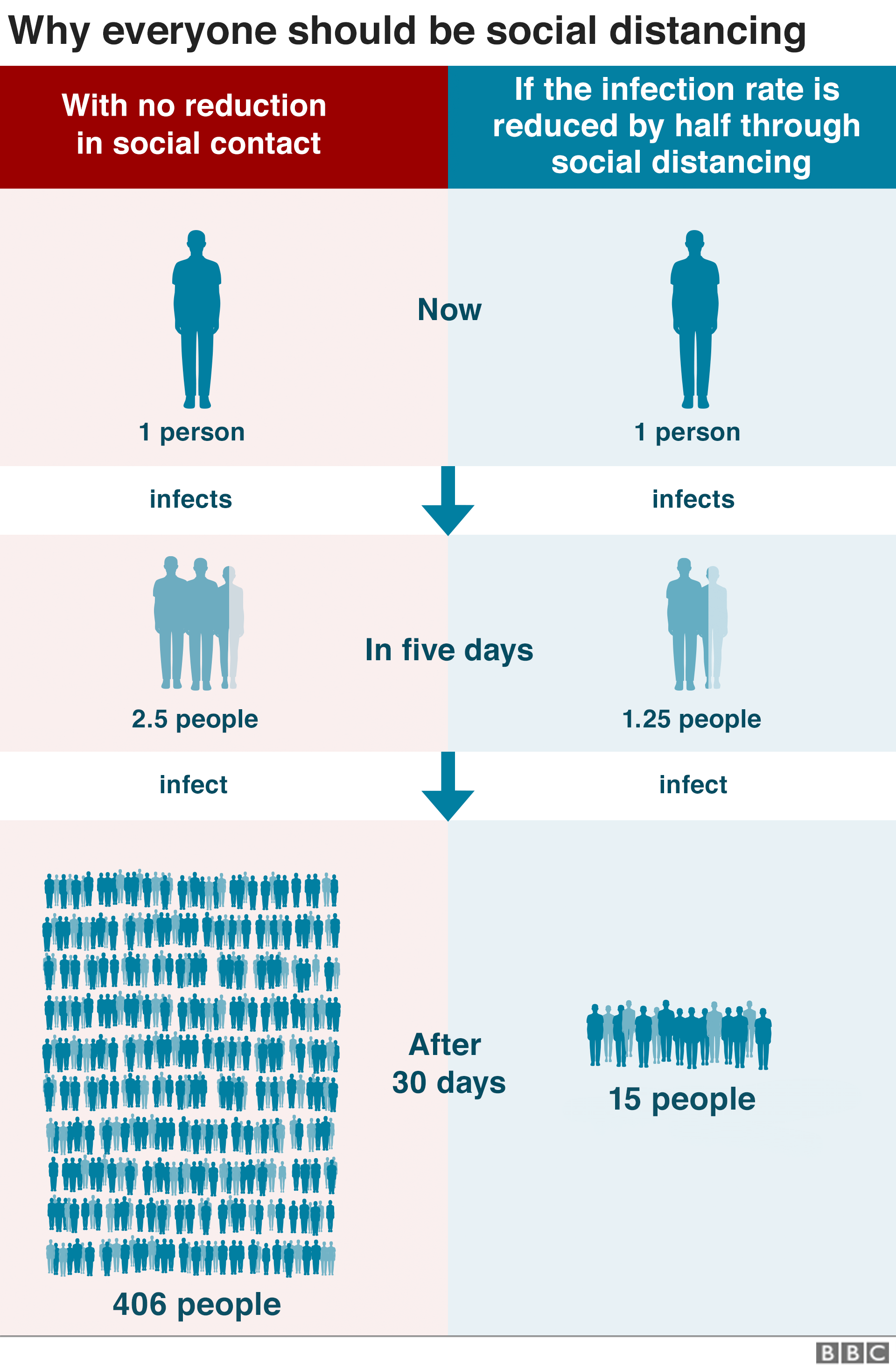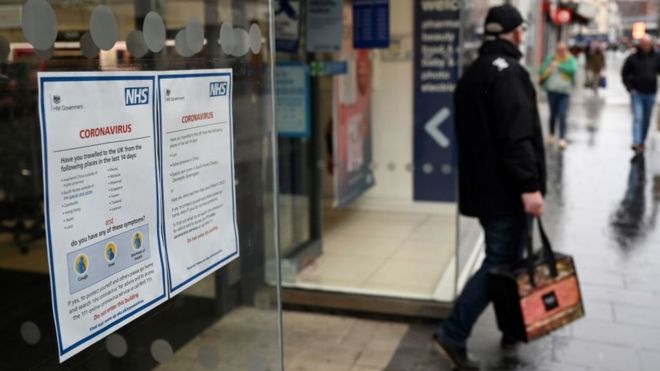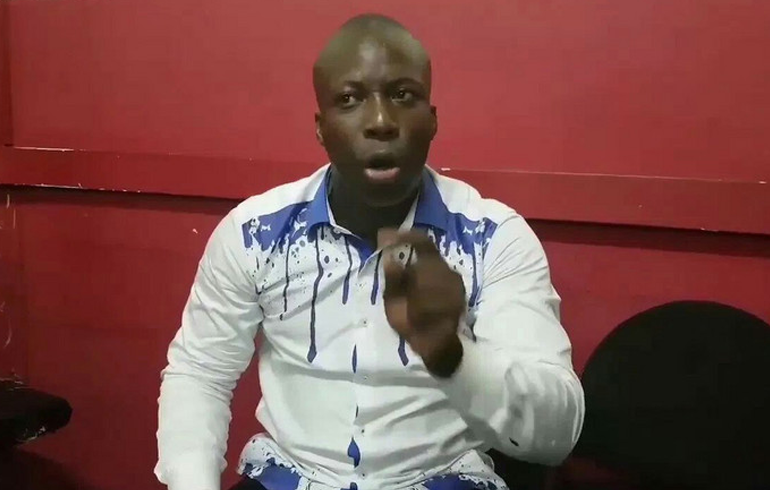Some 250,000 people have signed up in a single day to volunteer with the NHS after a recruitment drive to help the vulnerable amid the coronavirus crisis.
The helpers are needed for delivering food and medicines, driving patients to appointments and phoning the isolated.
The scheme is one of a number aimed at relieving pressure on the NHS.
About 11,000 former medics have also agreed to return to the health service and more than 24,000 final year student nurses and medics will join them.
Stephen Powis, NHS England medical director, said there had been “outbreaks of altruism” and he was “bowled over” by the medics returning to the front line and the response from volunteers.
This comes as it was confirmed Prince Charles, the 71-year-old heir to the throne, tested positive for coronavirus after displaying mild symptoms.
He is now self-isolating at home in Scotland with the Duchess of Cornwall, who tested negative.
A Clarence House spokesman said it was not possible to know who he had caught it from due to a “high number of engagements” in recent weeks.
The government scheme to recruit 250,000 helpers – who must be over 18 and in good health – went live on Tuesday.
By Wednesday morning, they had exceeded their target, after many thousands signed up to Good Sam, the group coordinating the response.
The help is being targeted at the 1.5 million people with underlying health conditions who have been asked to shield themselves from the virus by staying at home for 12 weeks.
On Tuesday, it was also announced that the NHS will treat coronavirus patients in a makeshift field hospital in the ExCeL Centre in east London.
There has been widespread concern and anger at the shortages of personal protective equipment for doctors and nurses.
At Prime Minister’s Questions, Labour leader Jeremy Corbyn said the Healthcare Supply Association has been forced to use Twitter to ask DIY shops to donate equipment to NHS staff.
Prime Minister Boris Johnson said he has been “assured” stocks were on the way, saying the army distributed 7.5 million pieces of equipment in the past 24 hours.
The government is also facing growing pressure to stop non-essential construction work to help tackle the spread of coronavirus in the UK.
On Tuesday, Health Secretary Matt Hancock said those who cannot do their jobs from home should go to work to “keep the country running” and construction work could continue so long as people were 2m (6.5ft) apart.
But critics said public health should be prioritised over the economy.
Andy Burnham, Labour Mayor of Greater Manchester, said: “When you’re in the middle of a global pandemic, health reasons alone really should be guiding all decision-making.”
Prime Minister Boris Johnson has so far resisted pressure from politicians, unions and workers themselves to halt construction work.
In Scotland, First Minister Nicola Sturgeon has said building sites should close, unless it involves an essential building such as a hospital.
It comes as MPs are to be asked to vote on shutting down the House of Commons for almost four weeks.
The number of coronavirus deaths in the UK stands at 433, with more than 8,000 confirmed cases of the virus.

Some builders and construction workers have said they feel “angry and unprotected” going to work, while others are under pressure from employers to go in.
The confusion over who should and should not be travelling for work came after government guidance announced by Mr Johnson on Monday curtailed many freedoms on life in the UK.
The prime minister said people should only leave their home to shop for basic goods, to fulfil medical or care needs, to exercise, and to travel to and from work – but only where “absolutely necessary”.

London Mayor Sadiq Khan has repeated his call for the government to ban non-safety construction work to help to reduce demand for public transport in London, saying many of those travelling at the busiest times were construction workers.
He said Wednesday’s morning rush hour data suggested Tube travel was down by a third on Tuesday, when pictures appeared on social media of passengers packed into carriages.
The government responded saying London Underground should be running in full so people were able to space out.
However, Mr Khan said almost a third of London transport workers, including train drivers and crucial control centre staff, were off sick or self-isolating so a full service was not possible.
Since Tuesday evening, hundreds of British Transport Police have been deployed onto the rail network to tell travellers that only those making essential journeys for work should be using tubes and trains.
As a growing number of people become infected day by day, and people are told to stay at home, public services are coming under increasing strain.
London Ambulance Service said it was receiving 8,000 calls a day – a “very busy” day before the coronavirus pandemic would have seen 5,000 calls. It is appealing for former 999 call handlers to volunteer to help.
Meanwhile, calls to the 111 service have increased by up to 400%.
And the Department for Work and Pensions processed almost half a million benefit claims over nine days, Work and Pensions Secretary Therese Coffey said.
Meanwhile, the government is considering the early release of some prisoners in England and Wales to relieve pressure caused by the outbreak, in particular 50 pregnant prisoners.
Justice Secretary Robert Buckland said the virus posed an “acute” risk in prisons, many of which were overcrowded and faced staff shortages as officers self-isolated.
Elsewhere, the government remains under pressure to provide financial support for self-employed workers who face a loss of income if forced to stop working due to sickness or quarantine.
Boris Johnson said the government was “putting our arms around every single worker in this country”.
A government source has told the BBC the chancellor will announce a package of support for self-employed workers on Thursday at the government’s daily press conference.
In other key developments:
- UK vehicle owners will be granted a six-month exemption from MoT testing
- Three immigration removal centres in the UK are housing people with symptoms of the virus
- A quarter of the world’s population is now living under some form of lockdown
- The death toll in Spain has overtaken China, rising by 738 to 3,434
- People in India have begun panic-buying as the entire population of 1.3bn enters “total lockdown”
- US lawmakers have agreed a $2 trillion stimulus package
- Global cases of the virus have exceeded 400,000 with deaths approaching 20,000
Source: BBC



















































